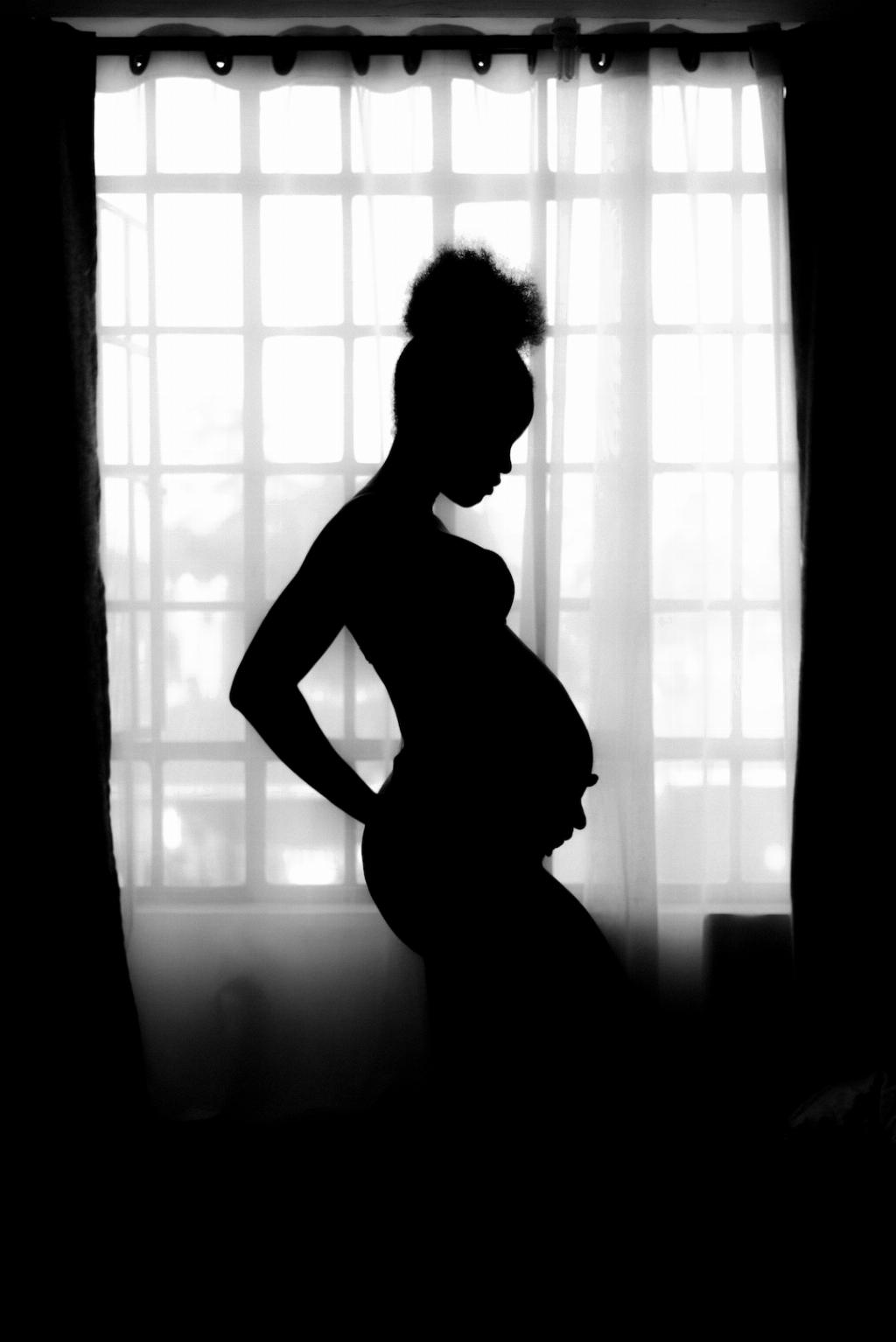When it comes to taking natural supplements during pregnancy, it is essential to exercise caution and be mindful of the potential risks involved. While some supplements can provide beneficial nutrients for both the mother and the developing baby, others may pose potential dangers and should be avoided.
Vitamins and minerals are crucial during pregnancy, but certain supplements containing high doses of specific vitamins such as vitamin A, vitamin E, and vitamin D should be avoided. Excessive amounts of these vitamins can lead to adverse effects on the developing fetus.
Herbal supplements are often perceived as safe alternatives, but some herbs can have adverse effects on pregnancy. For example, herbal supplements like black cohosh, Dong Quai, and evening primrose oil may stimulate contractions and increase the risk of miscarriage or premature labor.
Weight loss supplements and thermogenic products containing stimulants like caffeine should be avoided during pregnancy. These supplements can increase heart rate and blood pressure, potentially harming the developing fetus.
Supplements with ingredients like ginseng, ginkgo biloba, and licorice root should be avoided during pregnancy. These herbs have properties that may affect hormone levels and have been associated with pregnancy complications.
Fish oil and omega-3 fatty acid supplements are generally regarded as safe during pregnancy due to their benefits for fetal brain development. However, pregnant women should be cautious about consuming fish oil supplements that may contain high levels of mercury, which can be harmful to the baby’s nervous system.
Probiotic supplements can provide digestive support during pregnancy, but it is essential to choose a high-quality product with no additives. Some probiotic supplements may contain ingredients that are not safe for pregnant women.
While calcium supplements are essential for bone health, pregnant women should avoid calcium supplements that contain lead or other harmful contaminants. It is crucial to choose reputable brands that undergo rigorous testing for purity and safety.
Iron supplements are commonly recommended during pregnancy to prevent anemia, but excessive iron intake can lead to constipation and other complications. Pregnant women should consult with their healthcare provider to determine the appropriate dosage of iron supplements.
Although prenatal vitamins are beneficial for filling nutritional gaps during pregnancy, certain formulations may contain ingredients that are not suitable for pregnant women. It is essential to read the label carefully and choose prenatal vitamins that are specifically formulated for pregnancy.
In conclusion, it is crucial for pregnant women to be cautious when considering natural supplements during pregnancy. Consulting with a healthcare provider before taking any supplements is recommended to ensure the safety and well-being of both the mother and the developing baby.

